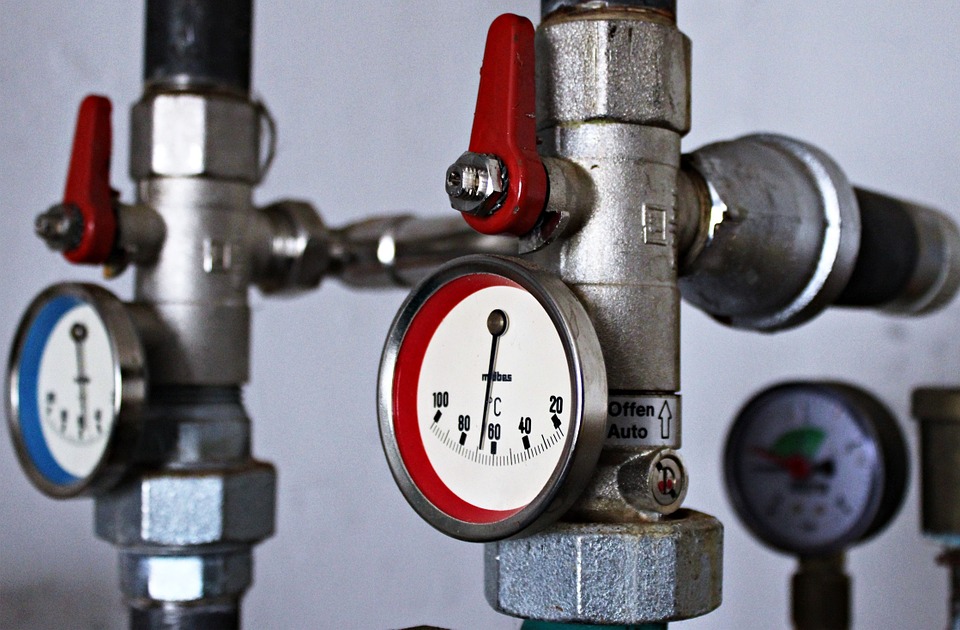There is no perfect energy system; each one has strengths and weaknesses. Ultimately when procuring energy for our customers, we take a look at both the pros and cons of using a certain energy source for their business and work to find the best fit. We’ve written blogs about the CHP (combined heat and power) system multiple times and explained how it works. Today, we’re discussing the pros and cons of CHP; would it be a beneficial system for your business’ energy procurement needs?
Pros
CHP is a highly efficient process. A traditional power plant produces 41% of the world’s electricity generation, however it has the lowest range of efficiency at 35-38%. If you compare this to a CHP system, which boasts an efficiency rating of over 80% – because it doesn’t waste any byproducts – it’s main benefit is evident. Couple this with the fact that there is an estimated 30% reduction in carbon emissions when using CHP! Less fuel is burnt to produce each unit of energy, and transmission and distribution losses of a traditional system aren’t present; using a CHP system hugely reduces air pollutants and other greenhouse gas emissions.
Another advantage is that the system remains independent from the national grid; so if your business has a constant energy demand, you don’t need to worry as you’ll be immune from any national grid blackouts. The reliability factor of a CHP system is one that’s very attractive to many businesses!
The National History Museum is currently celebrating a saving of £11 million through their in-house CHP system. According to Clean Energy News, they installed a ‘trigeneration scheme’ which consists of, “a 1.9MW combined heat and power (CHP) generator, waste heat boiler and two absorption chillers totalling 1.5MW.” To counter the requirement to use both outputs to remain efficient, during the summer months when the heating is turned down, they use the heat energy as cooling systems for collections within the museum. During the 10 years since the museum have installed their system, they have also saved 15,000 tonnes of CO2! The system allows them to reduce their emissions, have heating during the winter and cool their collections during the summer, whilst also providing energy to both The National History Museum and the Victoria & Albert Museum, so is a perfect system for them!

Cons
Whilst the pros speak for themselves, as with any system, it won’t be ideal for every business, and so it’s important to be aware of all the facts before you invest!
The CHP system is only efficient if the site needs both outputs; taking the National History Museum example, they’ve managed to use both outputs to their advantage for all year round. However, if you don’t require both heat and power, the system wouldn’t be an efficient one for you. Whilst making your decision, it’s important you have a look at your year round energy use; during winter you will use the heat for central heating, however during summer where can you use this heat? Do you have an area of your business which could benefit from using it?
A CHP system isn’t an actual energy source as coal would be for instance, it’s simply a means for extending energy. If you do install a CHP system, make sure that you’re aware of maintenance costs so you’re not blindsided. It’s a local installation and therefore maintenance costs must be paid- which can be expensive; they can be higher than the cost of the fuel. It’s also requires a high investment in capital to install the system, and so can turn out to be a costly venture for your business. If you’re using it to it’s full potential however, you can see from the National History Museum, that it can mean you make long term savings.
If you’d like to discuss CHP systems in more detail, our energy advisers would love to hear from you! For each of our customers, we look in great detail at your business and see what the best options for you will be; in terms of cost, energy efficiency and your sustainability.

